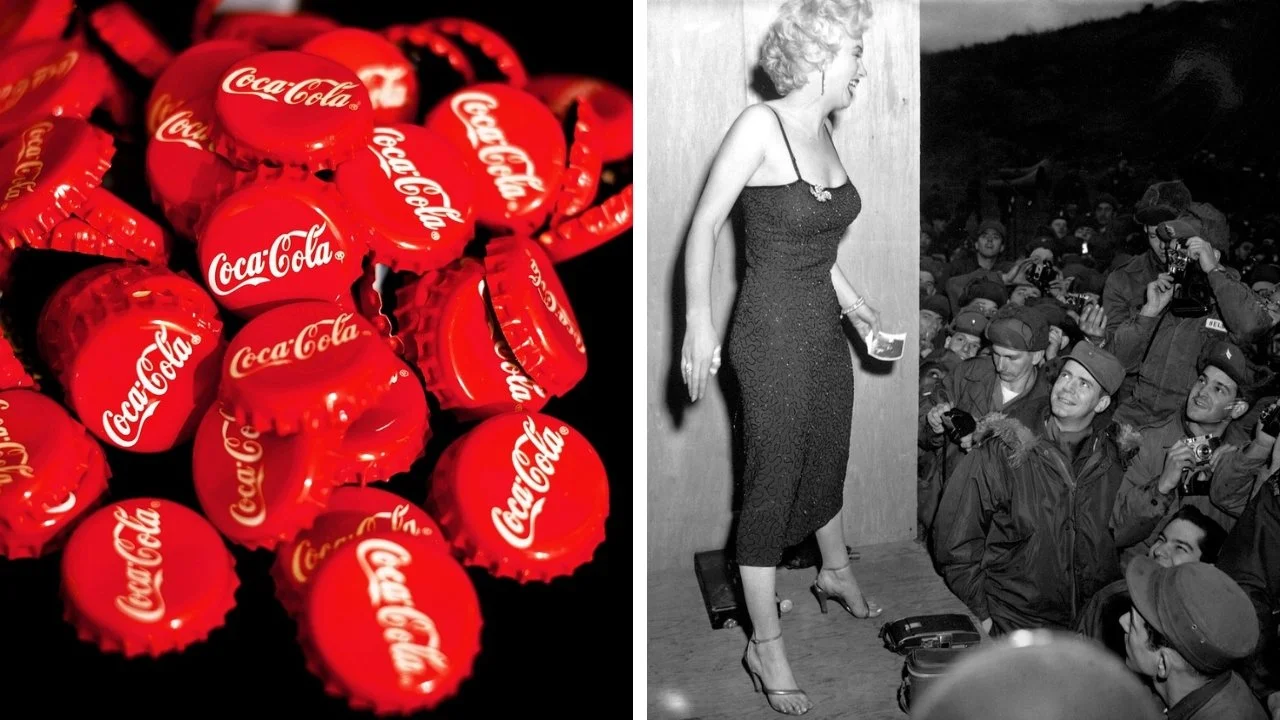Embracing the Power of Content Creators in Your PR Strategy
In today's fast-paced digital age, the landscape of brand messaging has evolved dramatically. Gone are the days when traditional advertising and direct marketing alone could capture and sustain the attention of your audience. Enter the era of influential marketing, where content creators, often known as influencers, play a pivotal role in shaping public perception and driving engagement. At Meredith Corning PR, we recognize the immense value that influencers bring to a brand's messaging strategy, both online and through in-person events.
A Historical Perspective on Influential Marketing
While the term "influencer" might be relatively new, the concept of partnering with influential figures to promote brands is far from novel. Throughout history, brands have aligned with high-profile personalities to amplify their message and connect with their audiences on a deeper level. This strategy is rooted in authenticity, as influential people can lend credibility and relatability to a brand, making the messaging more impactful.
The Power of Celebrity Endorsements in the 20th Century
In the 1950s and 60s, celebrity endorsements were a cornerstone of advertising. Brands recognized that associating with well-known figures could make their campaigns more engaging and trustworthy. For example:
Coca-Cola and Marilyn Monroe: During the 1950s, Coca-Cola capitalized on Marilyn Monroe's immense popularity by featuring her in their advertisements. Monroe's glamorous image and widespread appeal helped Coca-Cola cement its brand as a symbol of American culture and lifestyle.
Cadillac and Frank Sinatra: In the 1960s, Cadillac aligned itself with Frank Sinatra, the epitome of sophistication and style. Sinatra's endorsement of Cadillac resonated with consumers who aspired to his level of elegance and success, reinforcing Cadillac's brand image as a luxury automobile.
These early examples of influential marketing demonstrate that the strategy is not just a modern phenomenon but a time-tested method for brands to connect authentically with their audiences. Influential figures, whether celebrities from the golden age of Hollywood or today's social media stars, provide a relatable and trusted voice that can enhance brand messaging.
Authenticity: The Core of Influential Marketing
Authenticity is the cornerstone of influential marketing. Audiences today, much like those in the past, seek genuine connections and relatable stories. Influencers bring this authenticity to the table by sharing their personal experiences and honest opinions. This genuine connection is why influential marketing is so effective—it mirrors the age-old practice of word-of-mouth recommendations but on a much larger scale.
Authenticity and Brand Control
One common concern we hear from clients is the fear of losing control over their brand's narrative when working with influencers. It's a valid point—entrusting your brand's image to someone outside your organization can be daunting. However, with careful selection and strategic collaboration, influencers can enhance your brand story rather than detract from it.
To ensure alignment, it's crucial to choose influencers whose values and aesthetics resonate with your brand. Clear communication and setting expectations from the outset can help maintain consistency. While it's important to give influencers creative freedom, providing them with key messaging points can ensure that their content aligns with your brand's vision.
Bridging the Digital and Physical Worlds
At Meredith Corning PR, we understand that influential marketing extends beyond digital interactions. Our sister company, Meredith Events, specializes in orchestrating in-person experiences that elevate brand messaging to new heights. These events offer a tangible, immersive way for influencers to engage with your brand and share their experiences with their followers.
In-person events provide an opportunity to create memorable, multisensory experiences that leave a lasting impression. By inviting influencers to these events, you allow them to experience your brand firsthand, fostering genuine enthusiasm and authentic content creation. The ripple effect of these interactions can significantly amplify your brand's reach and impact.
The Power of Influential Marketing
Brands that embrace influential marketing and integrate content creators into their PR strategies often see increased brand awareness, higher engagement rates, and a stronger, more loyal customer base. Influencers offer a fresh, relatable perspective that resonates with today's audiences, bridging the gap between brands and consumers.
Influential marketing is more than a trend—it's a powerful tool that, when used effectively, can enhance your brand's messaging strategy and foster meaningful connections with your audience. So, the next time someone dismisses the value of influencers, remind them that in the world of PR, authentic connections and influential voices are the keys to success.
Key Points to Consider for Influential Marketing
1. Diverse Skill Sets
Different Expertise: Brands and influencers have different expertise. Brands excel in product development, brand strategy, and customer service. Influencers, on the other hand, are skilled in audience engagement, content creation, and digital communication. Both sets of skills are valuable and necessary.
Collaboration Potential: The strengths of brands and influencers can complement each other. Brands can provide high-quality products and services, while influencers can amplify these offerings to a wider audience, creating a synergistic effect.
2. Changing Media Landscape
Evolving Platforms: The media landscape has evolved, with social media becoming a dominant platform for communication and marketing. Influencers are adept at navigating this landscape and leveraging it to reach and engage with large audiences.
New Forms of Communication: Influencer content is a new form of communication that resonates with modern audiences. Dismissing it overlooks the innovative and impactful ways influencers communicate and connect with people.
3. Impact and Influence
Reach and Influence: Influencers can have a broader reach and more immediate impact compared to traditional advertising or other marketing strategies. Their ability to influence purchasing decisions and shape trends marks their power in the current market.
Community Building: Influencers often build strong, loyal communities around their personal brand. This ability to foster community and engagement is something that can be incredibly valuable for brands looking to build long-term relationships with their audience.
4. Professional Respect
Mutual Respect for Different Roles: Just as in any profession, mutual respect is crucial. Brands and influencers contribute differently to the industry, and recognizing the value each brings can foster better collaboration and innovation.
Learning Opportunities: Brands can learn from influencers' strategies in digital engagement and personal branding, just as influencers can learn from brands about product development and customer relations.
5. Market Realities
Consumer-Centric Approach: The market is increasingly consumer-centric, and influencers are masters at understanding and catering to their audiences. Dismissing their work can mean missing out on insights into consumer behavior and preferences.
Adapting to Trends: Staying relevant in any industry involves adapting to current trends. Respecting and understanding the role of influencers is part of staying current and competitive in today's market.


